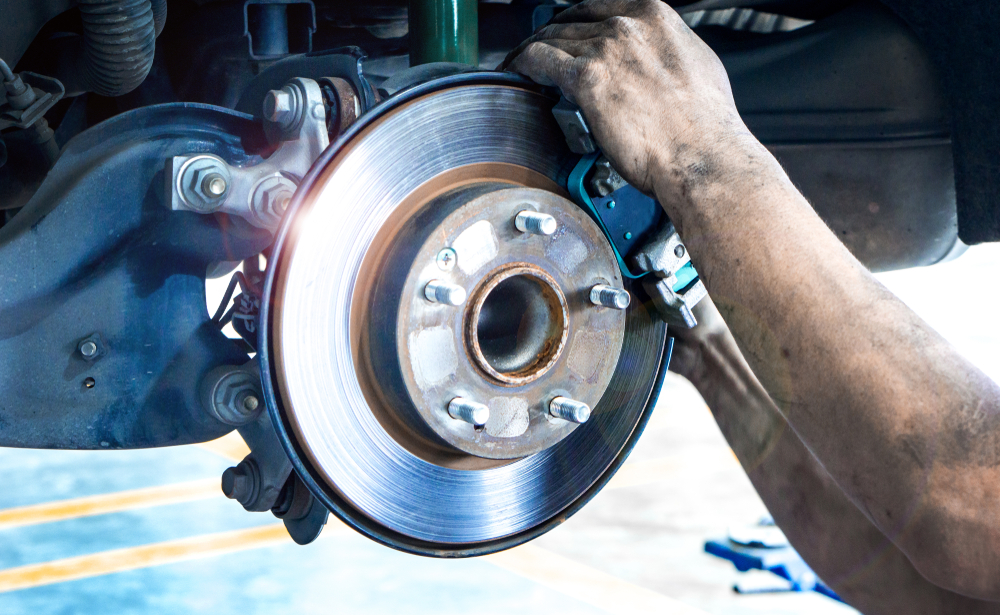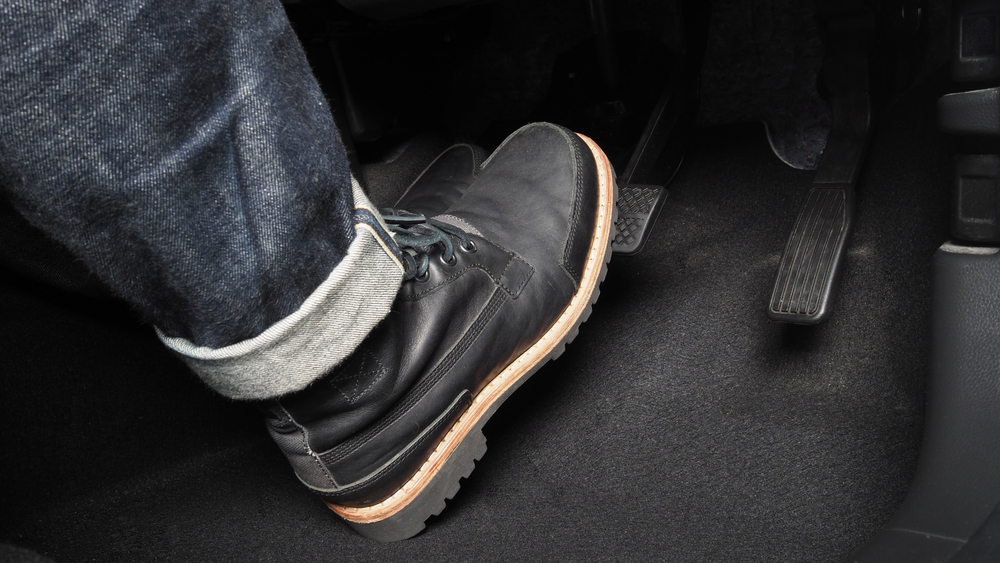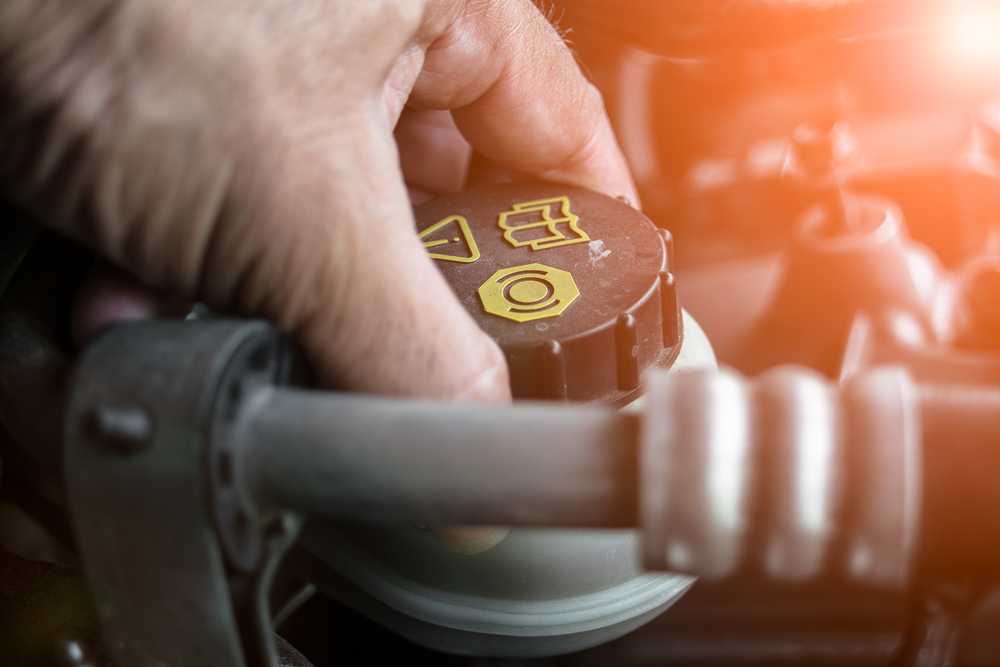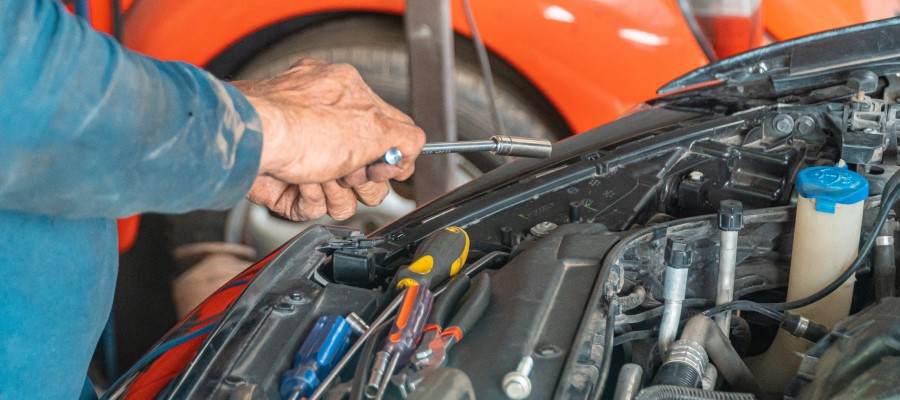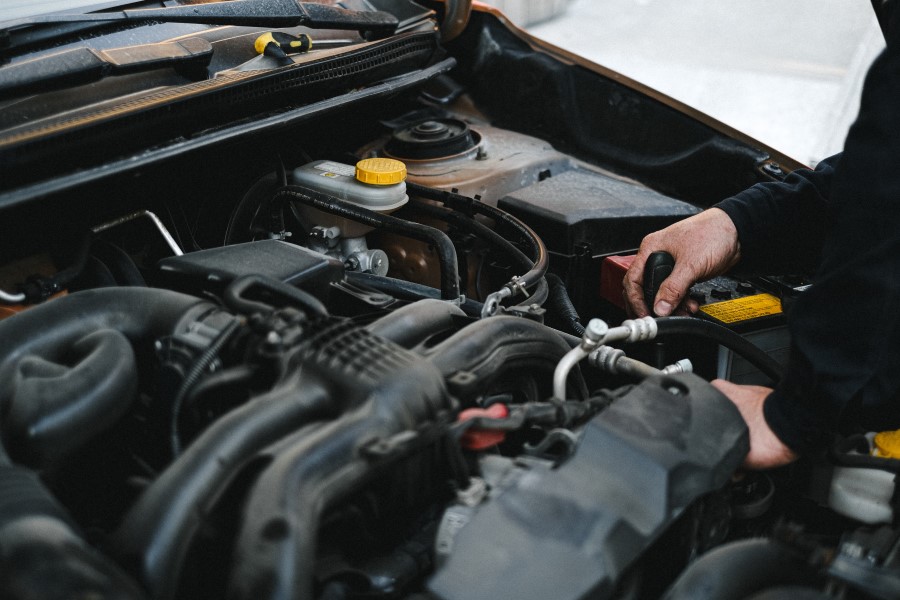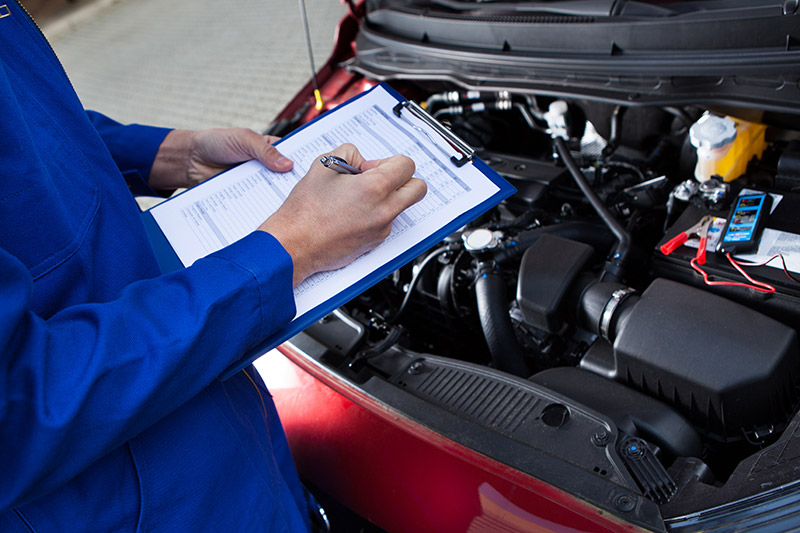Brake fluid is a key element in your vehicle brake system. Oftentimes, it gets overlooked in favor of other components of the car, such as the oil or the tires. And, of course, keeping those features well-maintained is essential to ensuring your vehicle runs. Brake fluid, however, deserves as much attention as any other piece of your car, and in this blog, we tell you why.
We’ll discuss everything about the importance of brake fluid, starting from the basics –what it is and what it does–, then why changing it regularly matters for your safety as well as the consequences of neglecting brake fluid care, and finally the signs you should look out for when it needs a tune-up.
Let’s begin.
What Is Brake Fluid?
We know why brakes are important: they safely help us slow down or stop before causing an accident. They are, essentially, a security system to protect our lives. Brake fluid, a specialized hydraulic fluid, is part of that mechanism, and plays a crucial role in it, too.
Contained on the brake lines, it operates when we hit the brake pedal, turning that force into pressure on the brake pads, which apply it on the wheels to slow down or stop the car’s movement. It requires, however, a certain quality for brake fluid to actually work on your vehicle.
First, it must have a high boiling point. Since friction creates lots of heat, this could cause it to vaporize, and lose its’ effect on the car. Second, it has just the right viscosity for it to flow easily and still draw moisture from the air. That’s why most brake fluids are silicone or glycol-based, and shouldn’t be mixed under any circumstance. And finally, this liquid is formulated with components that make it anti-corrosion on the rest of the hydraulic braking system.
Types of brake fluid in the industry
Those are the three main characteristics you should look out for when choosing the right brake fluid for your vehicle. Nevertheless, always keep in mind most manufacturers will recommend in the manual one of the 4 types of brake fluid available in the market:
- DOT 3: Glycone-based, this brake fluid works best in older vehicles, as it has a low boiling point.
- DOT 4: Glycone-based as well, this type has a higher boiling point than DOT 3, and is more effective on cars with anti-lock braking system (ABS).
- DOT 5: Silicone-based, DOT 5 is not compatible with ABS technology. But, it has a high boiling point and doesn’t absorb moisture, making it ideal for vehicles under harsh conditions or lots of performance demands.
- DOT 5.1: Glycone-based, this type of brake fluid has a high boiling point and is also compatible with cars with anti-lock braking systems.
What Does Brake Fluid Do?
Okay, but is that how brake fluid works? A more detailed explanation here: Brake fluid is the lifeblood of your braking system. It enables the smooth and controlled operation of the mechanism with every press on the brake pedal.
So, whenever your foot hits the pedal, the force activates the pressured fluid to flow into the brake lines. The more force, the more pressure, and the more friction applied on the brakes to stop. Then, the liquid moves through the brake lines, until it arrives at the drum brakes (also named caliper or wheel cylinder).
From there, the brake fluid acts as a force to push the brake pads against a spinning rotor, and the friction that causes smoothly halts the wheels to a stop. In essence, this liquid is the link between your foot and the brake system, translating your commands into controlled stopping action. Therefore, if you’re running on bad or low brake fluid levels, your rear brakes either: won’t be as effective or simply won’t work at all. And that’s why it’s essential to regularly check it and, if needed, replace it.

